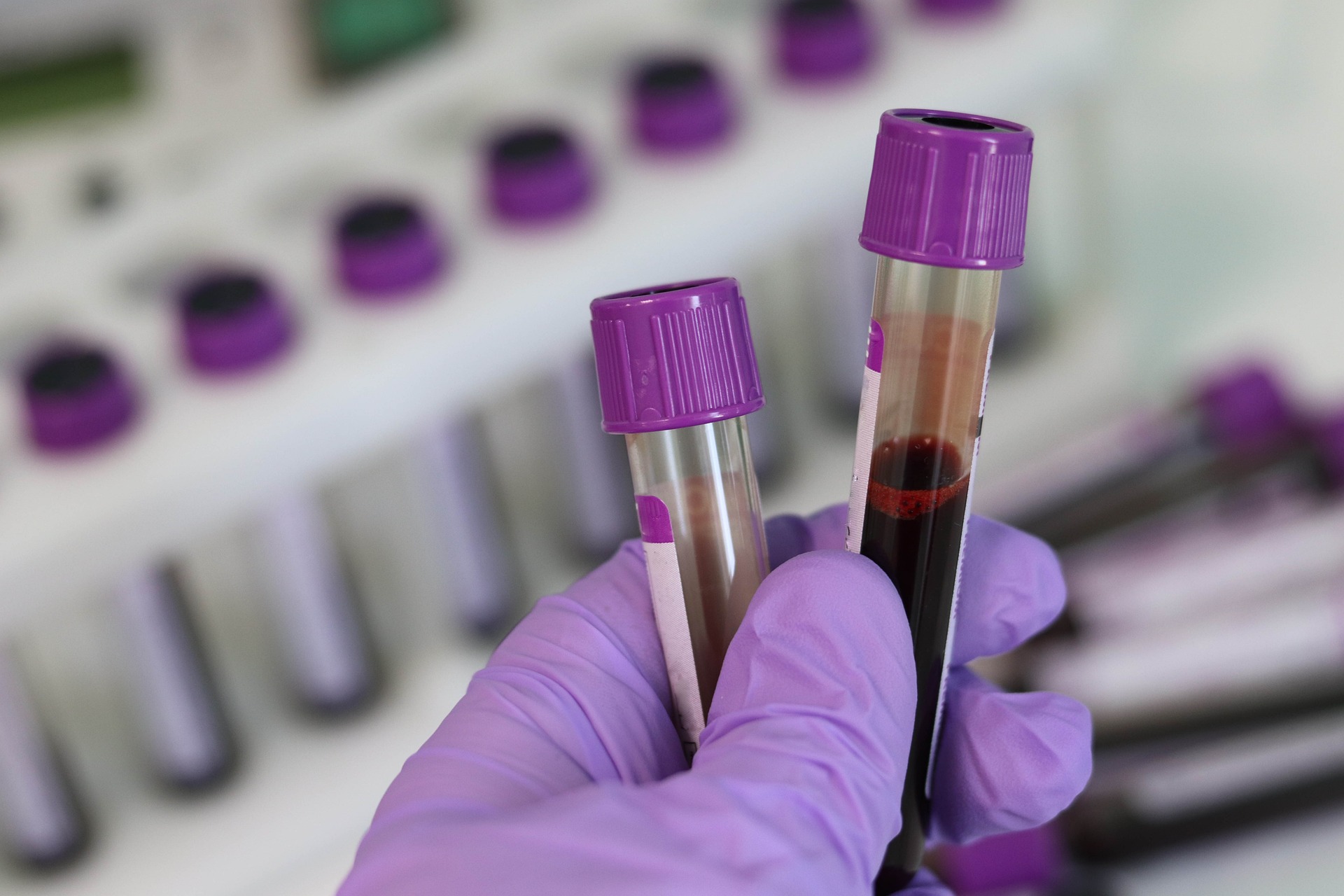Kidney disease in pets, also known as renal disease or nephropathy, can be a serious and often chronic condition that affects dogs and cats. It can be caused by a variety of factors, and its management and prevention depend on the specific cause and stage of the disease. Here’s an overview:
Causes of Kidney Disease in Pets
- Aging: Just like in humans, kidney function naturally declines with age, making older pets more susceptible to kidney disease.
- Infections: Bacterial or viral infections can damage the kidneys.
- Toxins: Ingestion of toxins such as antifreeze, certain plants, or medications can lead to kidney damage.
- Diet: Poor-quality or unbalanced diets, especially those high in certain minerals or proteins, can contribute to kidney disease.
- Genetics: Some breeds are more prone to hereditary kidney problems.
- High Blood Pressure: Hypertension can damage the blood vessels in the kidneys.
- Other Medical Conditions: Diseases like diabetes or high blood pressure can increase the risk of kidney disease.
- Trauma: Physical injuries can directly damage the kidneys.
Management of Kidney Disease
- Dietary Management: Specialized diets low in protein and phosphorus may be recommended to ease the workload on the kidneys. Prescription diets formulated for kidney support are available.
- Fluid Therapy: Maintaining proper hydration is crucial. Intravenous or subcutaneous fluids may be administered to prevent dehydration and support kidney function.
- Medications: Depending on the underlying cause, medications may be prescribed to manage symptoms, control blood pressure, or address specific issues.
- Regular Monitoring: Frequent check-ups with a veterinarian to monitor kidney function, blood pressure, and overall health are essential.
- Symptom Management: Treatment for nausea, vomiting, and anemia may be necessary, as these are common side effects of kidney disease.
- Lifestyle Changes: Reducing stress and providing a comfortable, low-stress environment can help improve the pet’s overall well-being.
- Surgery: In some cases, surgery may be needed to remove kidney stones or correct structural abnormalities.
Prevention of Kidney Disease
- Proper Nutrition: Feed your pet a balanced and high-quality diet that is appropriate for their age, breed, and size. Avoid excessive amounts of certain minerals like phosphorus.
- Hydration: Ensure your pet has access to fresh water at all times to maintain proper hydration.
- Regular Vet Check-ups: Schedule routine veterinary visits for preventive care, where kidney function can be monitored.
- Avoid Toxins: Keep harmful substances like antifreeze, poisonous plants, and medications out of your pet’s reach.
- Control Other Health Issues: Manage conditions like diabetes and high blood pressure effectively, as they can contribute to kidney disease.
- Genetic Screening: If you have a breed predisposed to kidney issues, consider genetic screening and early detection.
Remember that early detection and intervention are crucial in managing kidney disease in pets. Always consult with Ducknet Veterinarian Clinic for personalized advice and treatment options tailored to your pet’s specific needs.







